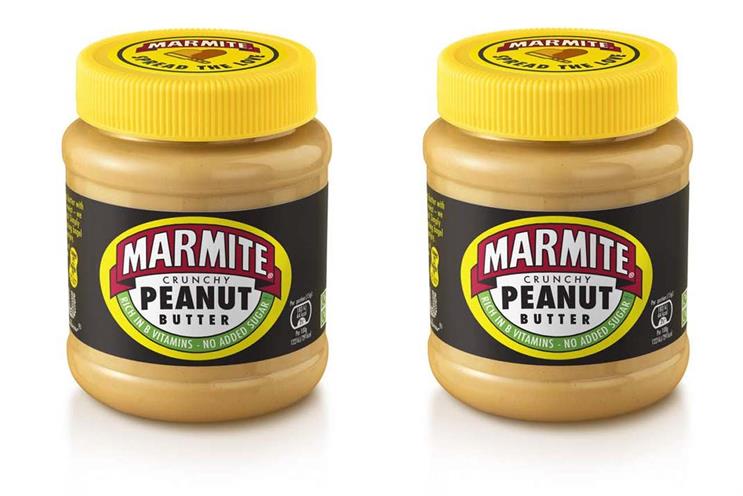
Overall sales at Unilever grew 2.9% to €13.3bn (£11.5bn) in the third quarter, but sales in Europe dipped slightly by 0.3% in a "difficult" retail environment, the company announced today (Thursday).
Meanwhile underlying sales growth for the quarter was 0.3% in North America, 3.2% in Latin America, and 5.9% in the rest of the world.
The FMCG giant said growth had been weaker than expected as a result of "low" growth in Europe and North America, a difficult economic environment in Latin America and softening sales in China and India. In Europe, Unilever partly blamed lower ice-cream sales this summer compared with 2018.
The company also disclosed that it spends 5% of annual turnover on plastics, buying 700,000 tonnes each year – something it has pledged to reduce. Action on plastics, Unilever said, was "demanded by the consumer" and therefore "made perfect sense" from a business perspective.
It said to meet consumer demand for reduced packaging, as well as for plant-based and natural products, it was innovating to create new "on-trend" formats, including Love Beauty and Planet’s shampoo and conditioner bars.
Discussing marketing capabilities on a results call, Unilever said it was continuing to invest in effective data-driven marketing and consumer insight capability in-house, and claimed to have one of the lowest ad fraud rates in the FMCG sector.
"We've now got digital hubs rolled out to over 25 locations and we'll continue to expand that up above 30," Graeme Pitkethly, chief financial officer, said.
He also said that its invention of Marmite peanut butter, now a permanent line, had come from insights gleaned from one of its internal market research hubs, called "people data centres".
"In terms of media capability, I think we've got one of the best media teams that are out there in the planet," Pitkethly said. "I spend a lot of time with them and find it very interesting to learn about the changes that are taking place within our industry, things like brand safety and where your brand shows up on YouTube and Facebook, really leading with that requires capability, knowledge and credibility.
"And then things like ad fraud. I think we have one of the lowest rates of ad fraud in our digital advertising the sector. Our digital advertising spend is 40% of total media spend and we spend about £3bn a year on media.
"The average rate of ad fraud is around 30-40% – and when you can get that down into single digits, as we can, obviously the bang for the buck you're getting is much, much higher."



.jpg)
.jpeg)
